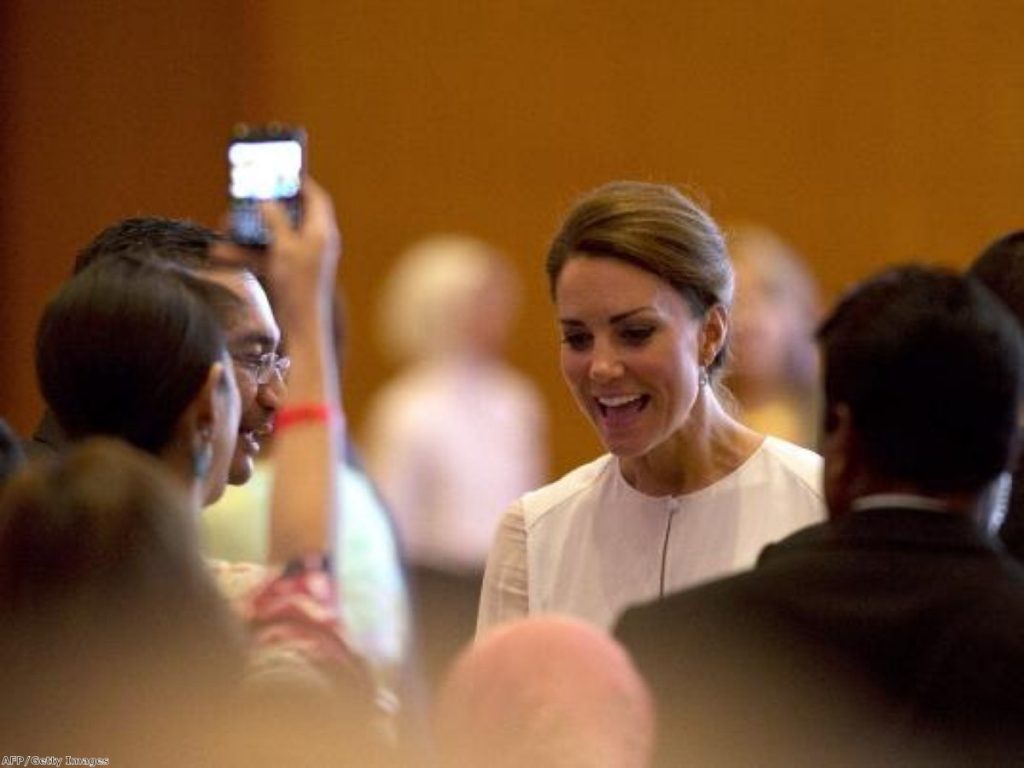St James’ Palace launches legal action against topless photos
St James' Palace today launched legal proceedings against the publishers of Closer magazine in France, which published photos of Kate Middleton topless.
The legal action follows one of the most strongly worded statements the Palace has ever put out, after the magazine was condemned across the political spectrum for intruding on the royal couple's privacy.
"Their royal highnesses have been hugely saddened to learn that a French publication and a photographer have invaded their privacy in such a grotesque and totally unjustifiable manner," it said.
"The incident is reminiscent of the worst excesses of the press and paparazzi during the life of Diana, Princess of Wales, and all the more upsetting to the Duke and Duchess for being so.


"Their royal highnesses had every expectation of privacy in the remote house. It is unthinkable that anyone should take such photographs let alone publish them."Closer UK went out of its way to distance itself from its French version this morning."
Closer UK went out of its way to distance itself from its French version this morning.
"Closer France is published under licence by Italian business Mondadori, and Closer magazine UK would like to make it clear that the two publications make entirely independent editorial decisions," it wrote on its Facebook page.
The photos, which were taken with a long lens when the royal couple were enjoying a holiday at a private chateau, were offered to British press last week but they were turned down.
A decision to publish would have been legally and politically risky.
For a start, the photos are clearly taken where the Duchess had a reasonable expectation of privacy, meaning publication would probably contravene article eight of the Human Rights Act.
Secondly, publication would have been likely to spark a public outcry. The Duchess is very popular and readers may have been angered by such an obvious intrusion into her personal life.
The situation also has overtones of the experience of Prince William's mother Diana, who was killed after being pursued by French paparazzi in Paris in 1997.
But the impact of the Leveson inquiry undoubtedly had an impact on editors as well.
Lord Justice Leveson's report into media ethics is due soon and is expected to be adopted wholesale by the prime minister, who will be under considerable political pressure to implement it in full.
In the meantime, editors have been careful not to provoke the inquiry, although some Tory MPs, such as media committee chairman John Whittingdale, have issued critical statements.
The row comes just weeks after Prince Harry was pictured with a naked woman in a Las Vegas hotel suite.
The photos were obtained by gossip website TMZ in the US before going global. British newspapers refused to publish the images, despite their global popularity and easy availability online, raising questions about the effectiveness of media law in an age of digital journalism.
Eventually the Sun newspaper buckled and published the shots, along with a justification arguing the decision was in the public interest.
The royal couple were told of the photos while they had breakfast in Kuala Lumpur, Malaysia, on an Asian tour.












